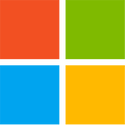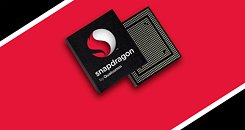
Kioxia and Western Digital Merger Stops Due to SK Hynix Opposition
According to sources close to Nikkei, the merger discussions between Western Digital and Kioxia has been terminated. Western Digital notified Kioxia about scrapping the possible transaction, citing the failure to obtain approval from SK Hynix, a significant shareholder of Kioxia, and disagreements over merger terms with Bain Capital, Kioxia's main shareholder. Western Digital and Kioxia, holding the fourth and second positions in the global NAND flash memory market, respectively, planned to join their NAND operations under one roof to create the world's largest maker of NAND memory and potentially enhance their competitive standing and profitability.
The merger was seen as a strategic move to rival Samsung's market dominance by leveraging the companies' combined resources and capabilities, and the plan was to happen as soon as the end of this month. However, the merger faced substantial opposition from SK Hynix, the world's third-largest NAND supplier with a 17.8% market share. Having invested more than $2.6 billion in a consortium led by Bain Capital that previously acquired Kioxia in 2018, SK Hynix expressed concerns that the proposed merger would adversely impact its market position and future collaboration opportunities with Kioxia. This opposition proved to be a pivotal obstacle, preventing the realization of the merger.
The merger was seen as a strategic move to rival Samsung's market dominance by leveraging the companies' combined resources and capabilities, and the plan was to happen as soon as the end of this month. However, the merger faced substantial opposition from SK Hynix, the world's third-largest NAND supplier with a 17.8% market share. Having invested more than $2.6 billion in a consortium led by Bain Capital that previously acquired Kioxia in 2018, SK Hynix expressed concerns that the proposed merger would adversely impact its market position and future collaboration opportunities with Kioxia. This opposition proved to be a pivotal obstacle, preventing the realization of the merger.




























